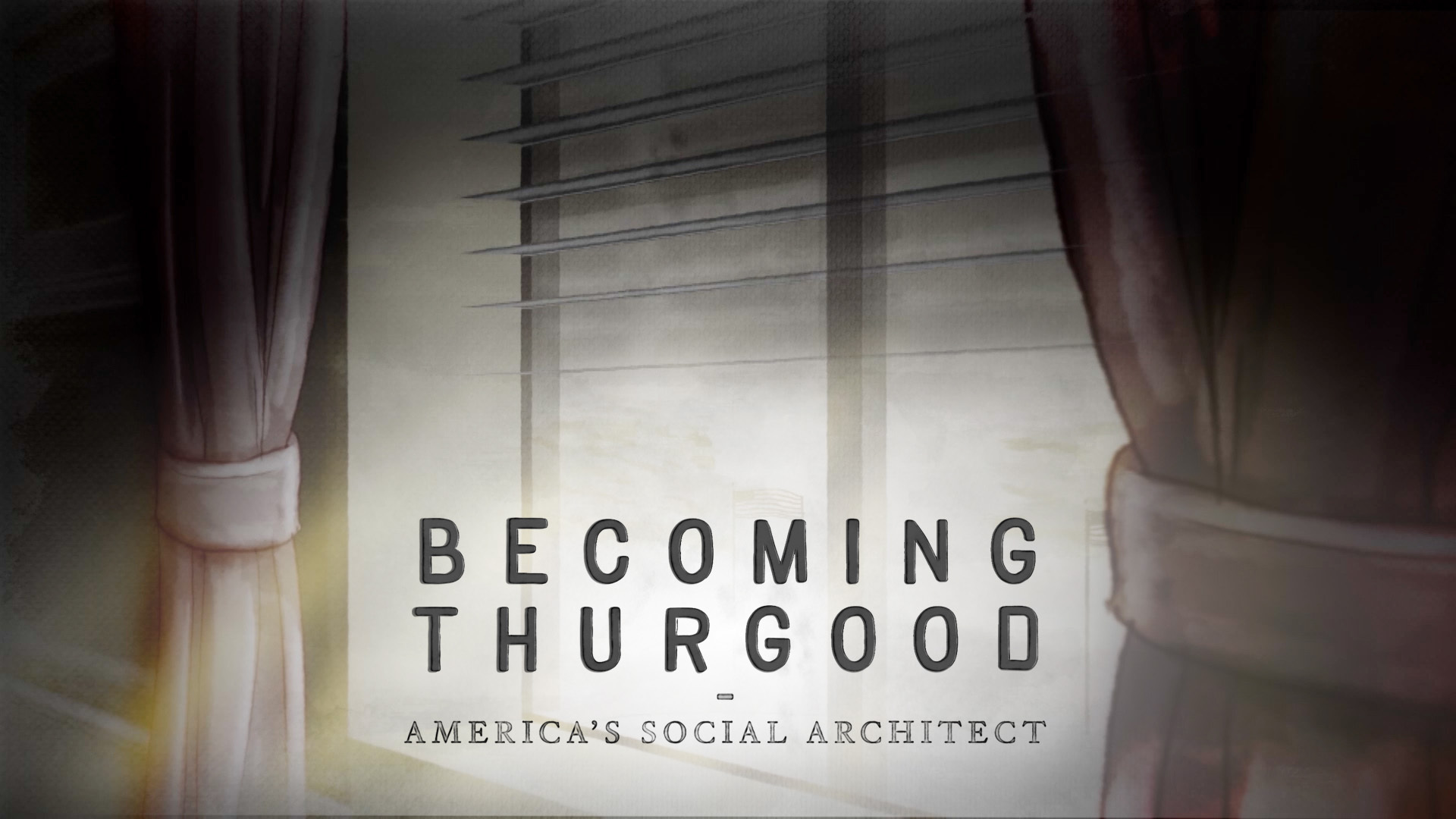Impact of Smith v. Allwright (1944) on Voting Rights

Impact of Smith v. Allwright (1944) on Voting Rights
Why is voting important? Why have people risked or even lost their lives to secure this right? The Civil War was fought to end slavery and ensure freedom for millions of African Americans, opening the door to participation in American democracy. Voting is the most important political right, giving citizens both privilege and power. After the war, the 13th, 14th, and 15th Amendments ended slavery, guaranteed equal protection, and secured voting rights. Jim Crow laws in the South, including literacy tests, poll taxes, and acts of intimidation, deliberately prevented African Americans from exercising their essential right to vote.
Objective
By the end of the lesson, students will understand Thurgood Marshall’s role in the U.S. Supreme Court case Smith v. Allwright (1944) and its impact on voting rights in the United States.
Essential Questions
- What is a primary election? What is the general election?
- What are examples of Jim Crow laws that were used to prevent African American citizens from voting?
- How are the ideas of change and fairness a part of the Smith v. Allwright (1944) decision?
Video Clip 1: This video clip features Sheryll Cashin talking about Smith v. Allright (1944). Sheryll Cashin is a Professor of Law at Georgetown University. She was also a law clerk for U.S. Supreme Court Justice Thurgood Marshall.
Video Clip 2: Sherrilyn Ifill is a civil rights lawyer and the founding director of the 14th Amendment Center for Law & Democracy at the Howard University School of Law, the same school attended by Thurgood Marshall.
Vocabulary
SUPPLEMENTAL ENRICHMENT ACTIVITIES
Reconstruction Amendments
To understand what happened in Smith v. Allwright (1944) a historian needs to learn about Reconstruction and the Reconstruction Amendments.
To learn more about historical events related to Reconstruction, visit the Reconstruction - Kids | Britannica Kids | Homework Help. You can read the actual words of the Civil War Amendments by visiting The 13th, 14th, and 15th Amendments · SHEC: Resources for Teachers.
Jim Crow Laws
Jim Crow laws were used to keep Blacks and whites separated. They were also used to prevent African American citizens from voting.
To learn more about how Jim Crow laws were used to keep African Americans from participating in our democracy, visit Civil Rights for Kids: Jim Crow Laws.
Voting Rights
Thurgood Marshall participated in many court cases that involved civil rights. He was a leader in the NAACP Legal Defense Fund that took cases to help African Americans receive the rights that the Civil War Amendments had provided. One of his most important cases was Smith v. Allwright (1944).
Visit Smith v. Allwright Facts for Kids and read about the facts and outcome of this case. After you finish reading about the case, think about whether you agree with Thurgood Marshall that this case was his most important victory.

